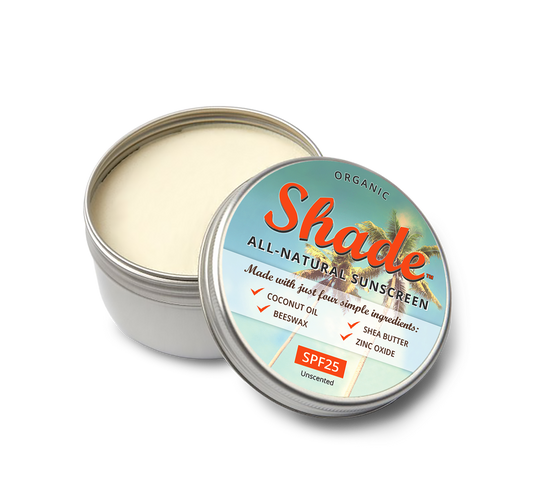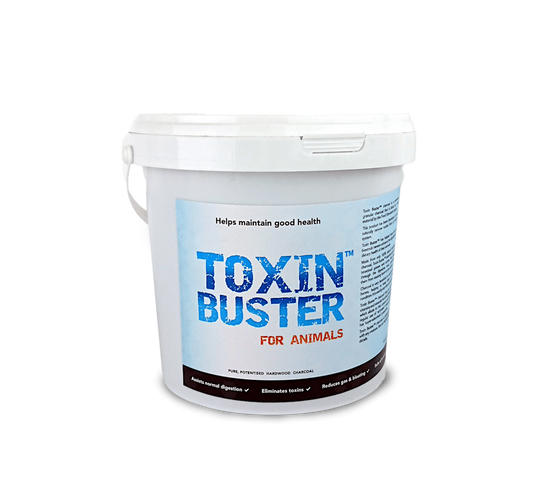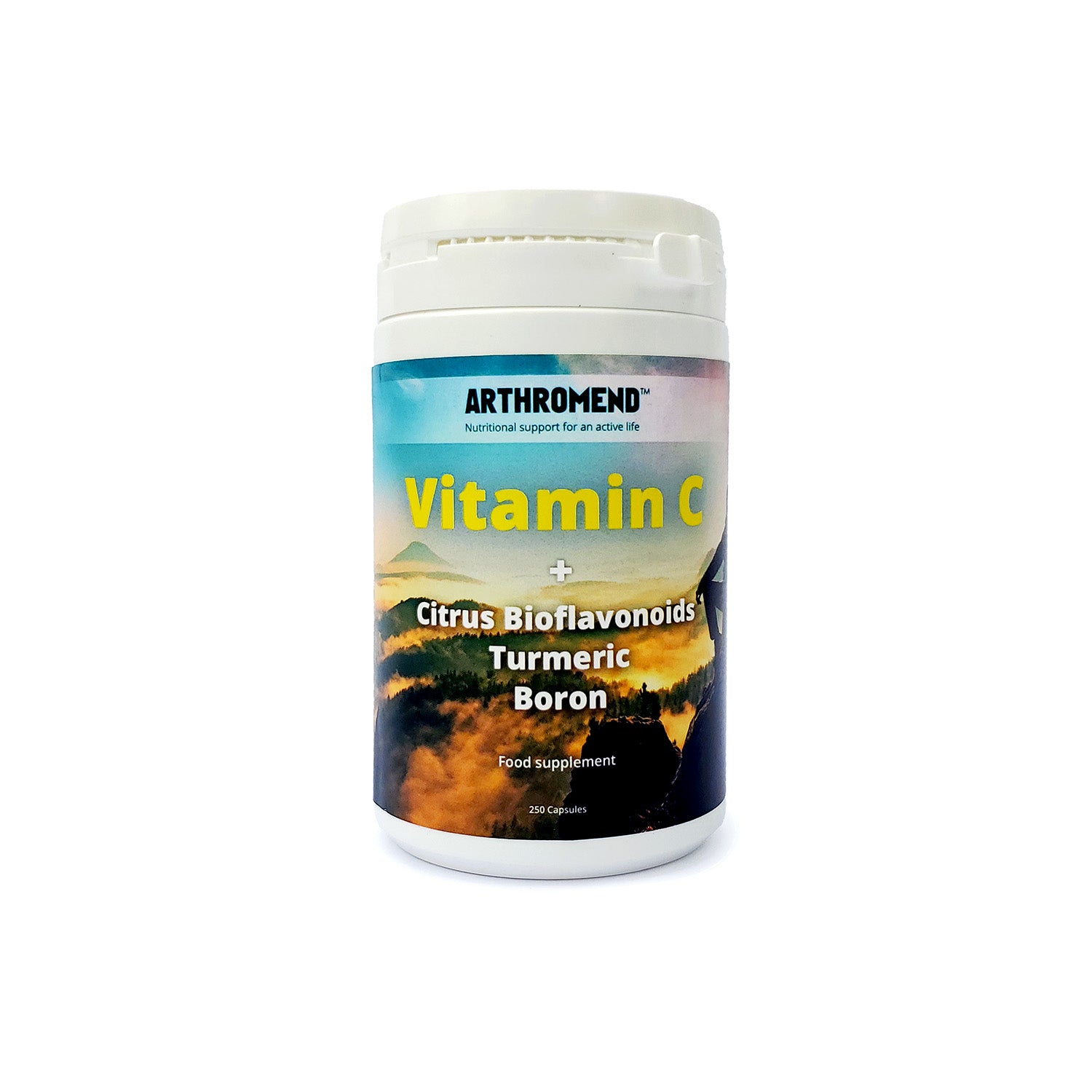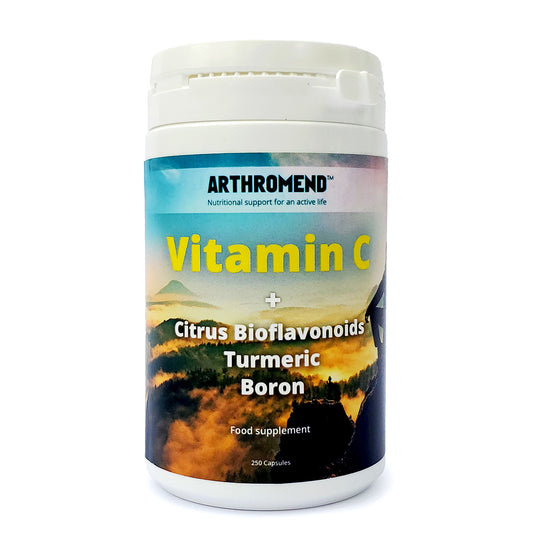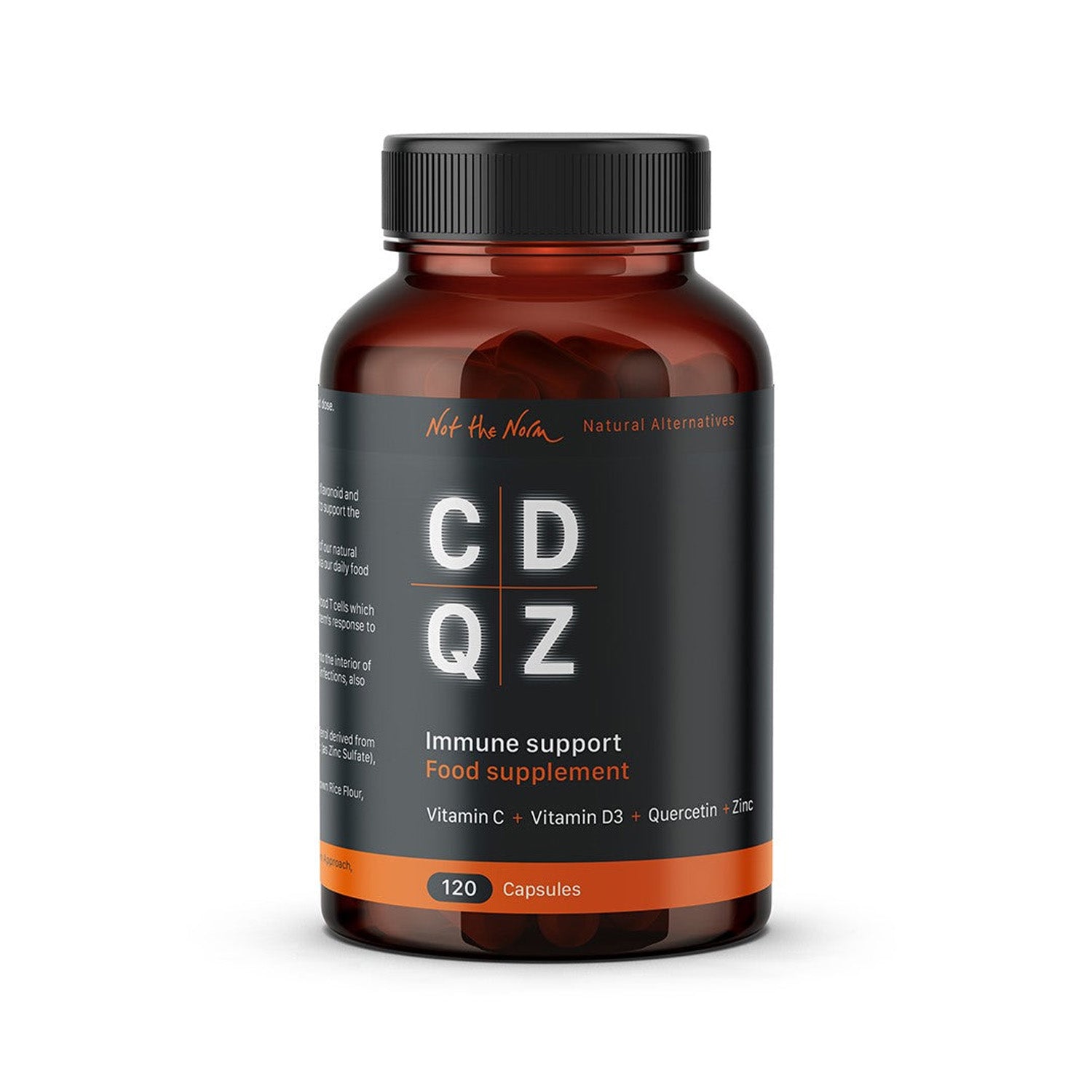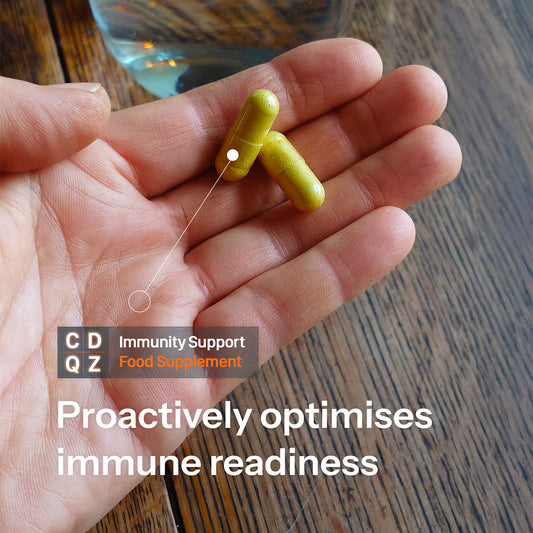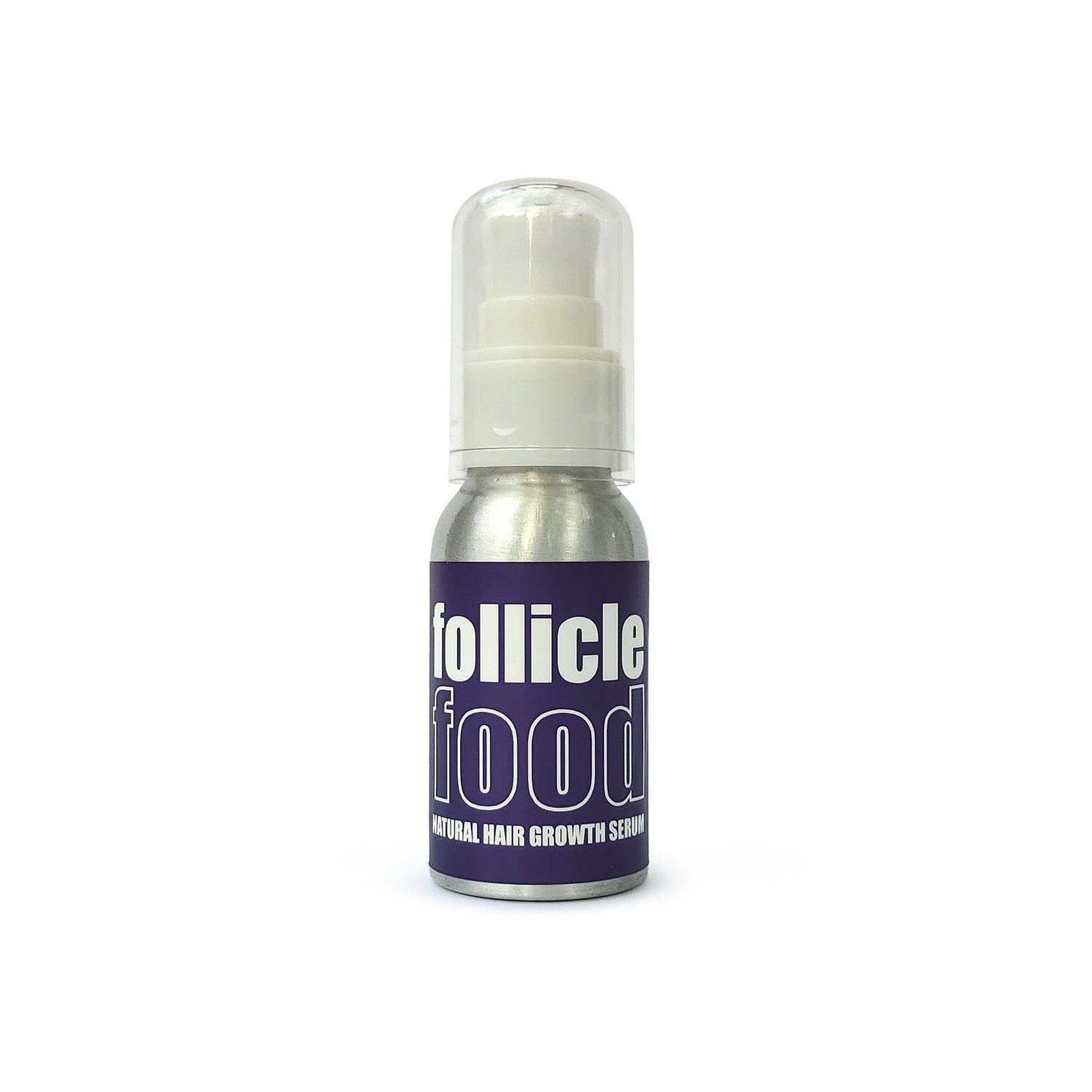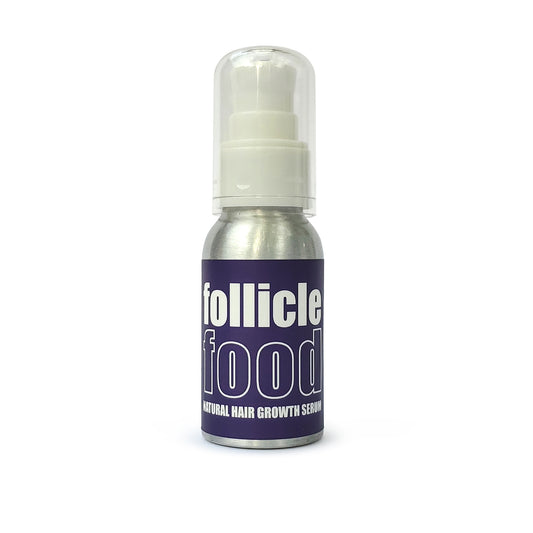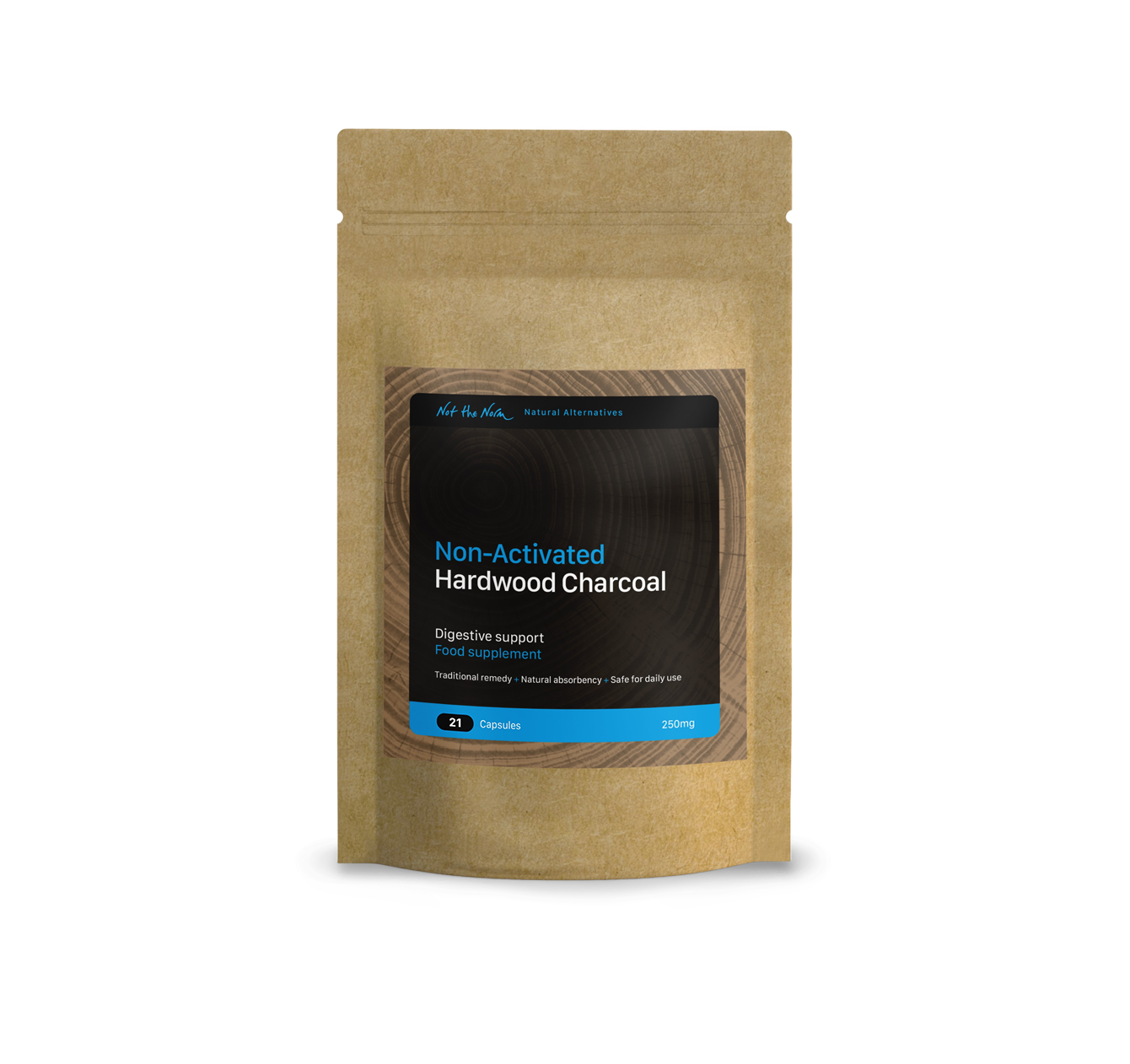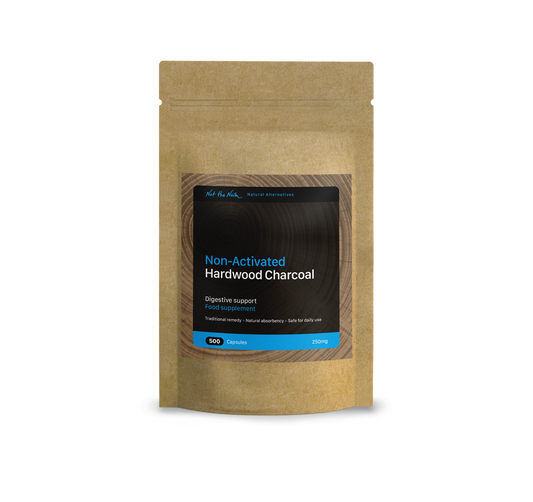The word ‘arthritis’, not very surprisingly, is a combination of two words- ‘arthro’ meaning joint and ‘itis’ meaning inflammation. The word effectively explains what over 27 million Americans alone and over 20% of the elderly population worldwide experiences on a daily basis.
 Arthritis, or joint inflammation, arising due to any cause, can affect different joints like the hips, knees, ankles, shoulder, those of the spine, knuckles and toes. This progressive and slow degeneration has the potential to literally halt a busy and complete life in its tracks. Symptoms like pain while walking, climbing stairs, bending knees and during other physical activities are commonplace. Occasionally, one might even notice a swelling in a joint, redness and mild warmth on touching. These are all telltale signs of joint inflammation or arthritis. A disease of the old age, its variants often plague middle aged adults who have excessive joint wear and tear due to physically strenuous lifestyles.
Arthritis, or joint inflammation, arising due to any cause, can affect different joints like the hips, knees, ankles, shoulder, those of the spine, knuckles and toes. This progressive and slow degeneration has the potential to literally halt a busy and complete life in its tracks. Symptoms like pain while walking, climbing stairs, bending knees and during other physical activities are commonplace. Occasionally, one might even notice a swelling in a joint, redness and mild warmth on touching. These are all telltale signs of joint inflammation or arthritis. A disease of the old age, its variants often plague middle aged adults who have excessive joint wear and tear due to physically strenuous lifestyles.
Those who have been battling arthritis for a while know that conventional medicine has pain killers and non-steroidal anti-inflammatory drugs (NSAIDs) to offer. If the joint wears out completely, then the surgeons offer to replace your joint with man-made prosthesis which will hopefully outlive you. Those who have arthritis, have a parent suffering from arthritis or have seen a loved one go through the chronic and disabling misery of arthritis know that joint replacements, pain killers and anti-inflammatory drugs can only do so much. After all, these too come with their own set of ‘conditions apply’. NSAIDs have had very bad press lately, and anyone on them long term should do their own research and reconsider their options.
Researchers have been trying for years to understand the exact mechanism behind arthritis; why it happens, what the exact factors are that lead up to it, how can it be controlled, how can it be eradicated and most importantly how it can be prevented. Here is some research that throws light on what we know so far about arthritis thanks to our scientist-friends:
 A study conducted in Norfolk, UK involving men and women between the ages of 45 and 74 years found an association between vitamin C, fruit and vegetable consumption and the risk of inflammatory polyarthritis. The study, involving 73 participants, found that those on the lowest vitamin C intake when compared to those having the highest vitamin C intake had a 3-fold higher risk of developing inflammatory arthritis1. The study also found that a poor intake of vegetables and fruit in general and vitamin C in particular, led to a greater risk of developing arthritis. This shows that vitamin C and other dietary nutrients have a somewhat preventive role in arthritis.
A study conducted in Norfolk, UK involving men and women between the ages of 45 and 74 years found an association between vitamin C, fruit and vegetable consumption and the risk of inflammatory polyarthritis. The study, involving 73 participants, found that those on the lowest vitamin C intake when compared to those having the highest vitamin C intake had a 3-fold higher risk of developing inflammatory arthritis1. The study also found that a poor intake of vegetables and fruit in general and vitamin C in particular, led to a greater risk of developing arthritis. This shows that vitamin C and other dietary nutrients have a somewhat preventive role in arthritis.
Another paper published in the prestigious journal Nature Medicine in November 2011 by Stanford alumnus Dr. William Robinson found that osteoarthritis was not just the result of wear and tear but there were probably some low-intensity inflammatory processes at work eventually leading to the full-blown arthritis experienced by patients. The study conducted on mice found that low-scale inflammation persisted to end up producing the same processes as osteoarthritis2. The study gives a whole new point of view to arthritis and its underpinnings which have hitherto always been looked at as nothing but the result of age-related degeneration. Using this study’s findings as a guideline, one can imagine that substances and food that reduce inflammation will help prevent and reduce osteoarthritis. Foods rich in vitamin C and other phytonutrients like bioflavonoids and curcumin from turmeric, etc., known for their anti-inflammatory properties, might help control the inflammation that leads to arthritis. But let us not assume. There is certified research backing all of this!
A study analysed the effects of injection of high doses of vitamin C into joints afflicted with rheumatoid arthritis. Those who suffer from rheumatoid arthritis (RA) or have loved ones with RA know how disabling the condition can be. The study tried to gauge the anti-inflammatory effect of vitamin C when directly injected into the joints and found a 44% reduction in the level of an inflammatory marker called C-reactive protein3. C-reactive protein is one of the important biomarkers used to detect presence of inflammation in the body and is specifically elevated in rheumatism.
The reason vitamin C worked this wonder is that vitamin C is a potent anti-oxidant. This means it destroys the oxidative stress and inflammation-producing reactive oxygen species (ROS) that underlie all inflammatory processes. Similarly, in arthritis, be is osteoarthritis or rheumatoid arthritis or some other variant, the inflammation that leads to the complaints can be controlled using this very vitamin C in high doses. Thus, having a dietary supplement that has 200mg of vitamin C content will do wonders for your troubled joints.
Many patients who have tried Arthromend™ have given extremely positive feedback on the supplement finding it to be literally life-altering. Increased energy levels, reduced inflammatory processes and rebalanced acid/alkaline levels help to reduce pain and immobility significantly, leading you on your way to a more free and mobile life.
Your first bottle of Arthromend™ contains 250 capsules - that's a 3 month supply on the highest dose, 1 capsule 3 times a day at mealtimes. After this three months you should feel adequately at ease with being able to reduce your consumption down to two a day, making your second bottle last 30% longer, then again after approximately 4 and a half months, you could feasibly find yourself on a maintenance dose of just one capsule a day - making a single bottle last as long as nine months.
References:
- Pattison DJ, Silman AJ et al. Vitamin C and the risk of developing inflammatory polyarthritis: a prospective nested, case control study. Ann Rheum Dis. 2004;63:843-847 doi:10.1136/ard.2003.016097
- Robinson William et al. Identification of a central role for complement in osteoarthritis. 6 November 2011; doi:10.1038/nm.2543
- N. Mikirova et al. Effect of high dose intravenous ascorbic acid on the level of inflammation in patients with rheumatoid arthritis. Modern Research in Inflammation 1 (2012) 26-32.


